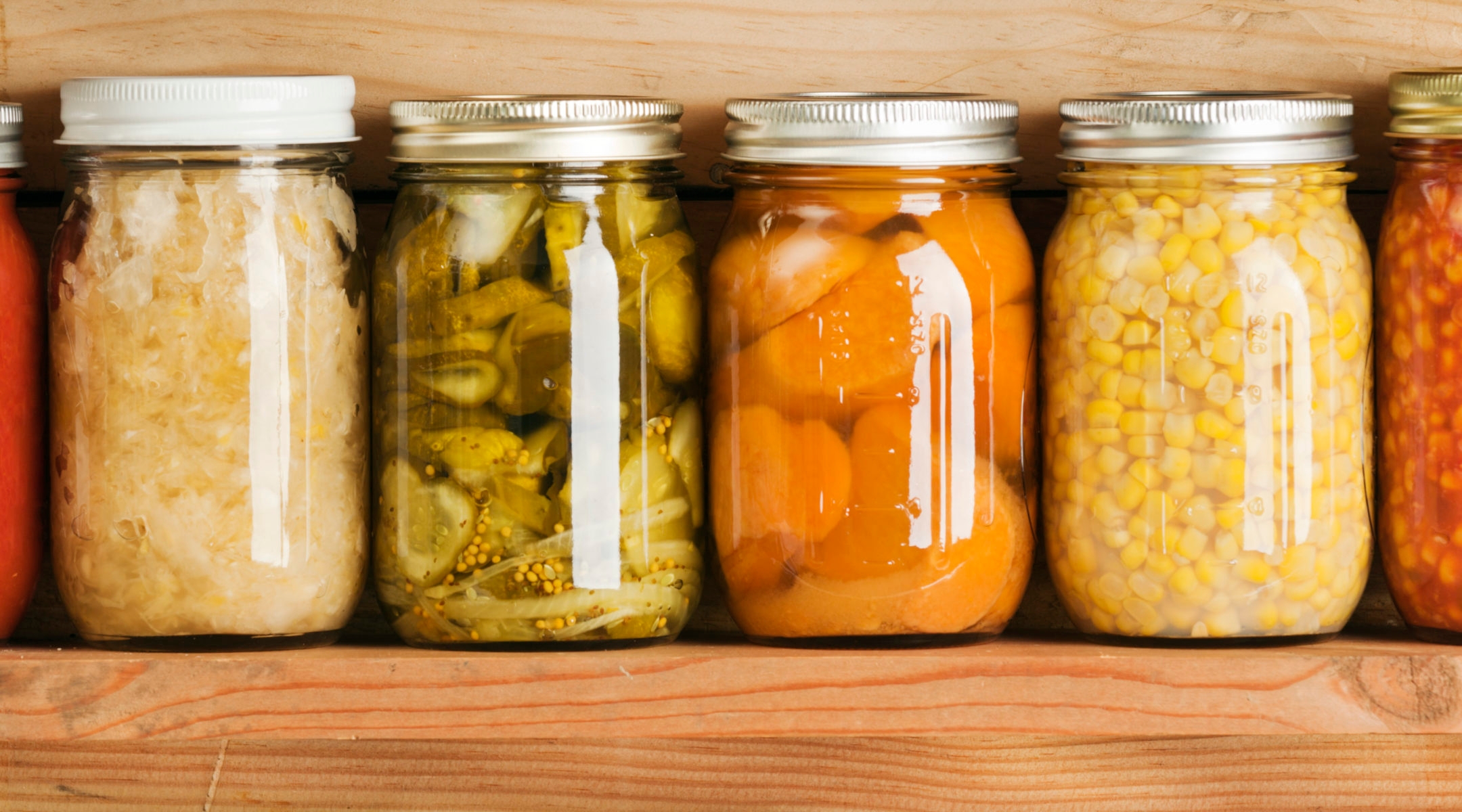LAGUNA NIGUEL, Calif. (JTA) — I was born in Dzalalabad, Kyrgyzstan, to Polish Jews who had fled Warsaw following the Nazi onslaught in 1939. When they met up with the Russian forces and refused Russian citizenship, my parents, like thousands of others, were shipped off to Komi SSR, a Siberian work camp where they chopped down trees, froze and starved along with the local population.
I know how blessed my life has been: I’m a writer, teacher, daughter, mother, wife, sister, mother-in-law and now a joyful bubbe.
But today I realize how deeply I’ve absorbed the trauma of my Holocaust survivor parents. As echoes of past hatred are reverberating from many sides, somehow blaming Jews for the coronavirus’ creation, I find myself also fighting those debilitating inherited memories and fears.
My parents and two brothers survived Siberia, and, in 1942, as Polish citizens, they were resettled in Kyrgyzstan, where my sister was later born. Hunger had no borders and they followed the Kyrgyz example, gathering weeds to cook a kind of “stone soup” to fill their stomachs.
I came into the world postwar. The story goes that the local midwives entered and the kids and men were shooed out of the mud-floored hut my parents shared with a Kyrgyz Muslim family. My siblings played outside as I lustily cried into life on March 30, 1946. Truly heroic in body and determination, my mother and I were healthy enough for us all to board a train bound for Poland 10 days later.
Seeing no future in the nameless cemetery that had been their home for generations, my parents somehow smuggled us into the British-occupied zone in Germany. We lived for five years in Displaced Persons’ camps — including the SS barracks of the former Bergen-Belsen concentration camp — before sailing to glorious America in 1951 on the SS General Muir.
Always high spirited, my parents called me an “alt gemeit,” an old soul. I teased my siblings, dramatized for my parents and beguiled their friends. But behind that joie de vivre lurked what Jews are instructed to feel at the seder — that we ourselves came out of Egypt.
While never personally hungry, terrified or party to the horrors that could befall loved ones, I always felt that I, too, had come out of the Shoah. But this coronavirus pandemic is my first realistic encounter with the hyper-wariness my parents harbored and I long struggled to squelch inside myself.
I have never been allowed to forget hunger or deprivation. My mother’s pantry overflowed with staples, the refrigerator was stuffed with produce, pots of soup and meat, the freezer was crammed. My home is not much different. I’m always prepared for any culinary eventuality — six people could show up for dinner or a catastrophe could hit. Unlike in my “American” friends’ homes, no usable item or edible morsel goes to waste.
Life at this moment has radically changed for much of the world, including my little corner of Southern California. Beginning with distant whispers in late 2019, the coronavirus transcended borders, races, genders and the haves and have-nots. We are pummeled by broadcasts, tweets, posts and hourly updates on symptoms, precautions, hoarding, social distancing and shortages. I obsessively check my phone, reading every pronouncement as if my life depended on it. This time I feel it may.
Checking my inventory, I found a glut of last year’s post-Passover sale purchases of gefilte fish, matzah meal, farfel and dry soup mixes. Aware that my husband would prefer not to live on this alone, I grabbed my bags and hit every store within five miles. I replenished my canned goods, rice, pasta and that sudden rara avis, toilet paper. I forced myself to draw the line at hoarding.
My 74th birthday is soon. It’s going to be an intimate, somewhat austere in-place celebration. But there will be good food, heat, electricity, security and dark chocolate (my indulgence!) and a l’chaim or two.
We will, I hope and pray, look back on this time as a trial that humanity endured and largely overcame. There will be stories shared, some painful, of losses and suffering; some humorous, of closets overflowing with toilet paper and expired sanitizers; some tales of time frittered away and time spent creatively; reminiscences of kindness from friends, neighbors and strangers. We will remember reaching out, seeing need and helping and, also, being helped.
Each day I write, cook simple, creative meals, read prodigiously, walk, binge on shows I never knew existed, FaceTime and talk on the phone with family and keep in virtual contact with friends I usually see in person. In this disconnected time, I have realized that for me and my inherited demons, being engaged and connected is, if not the cure, my comforting balm.
JTA has documented Jewish history in real-time for over a century. Keep our journalism strong by joining us in supporting independent, award-winning reporting.







